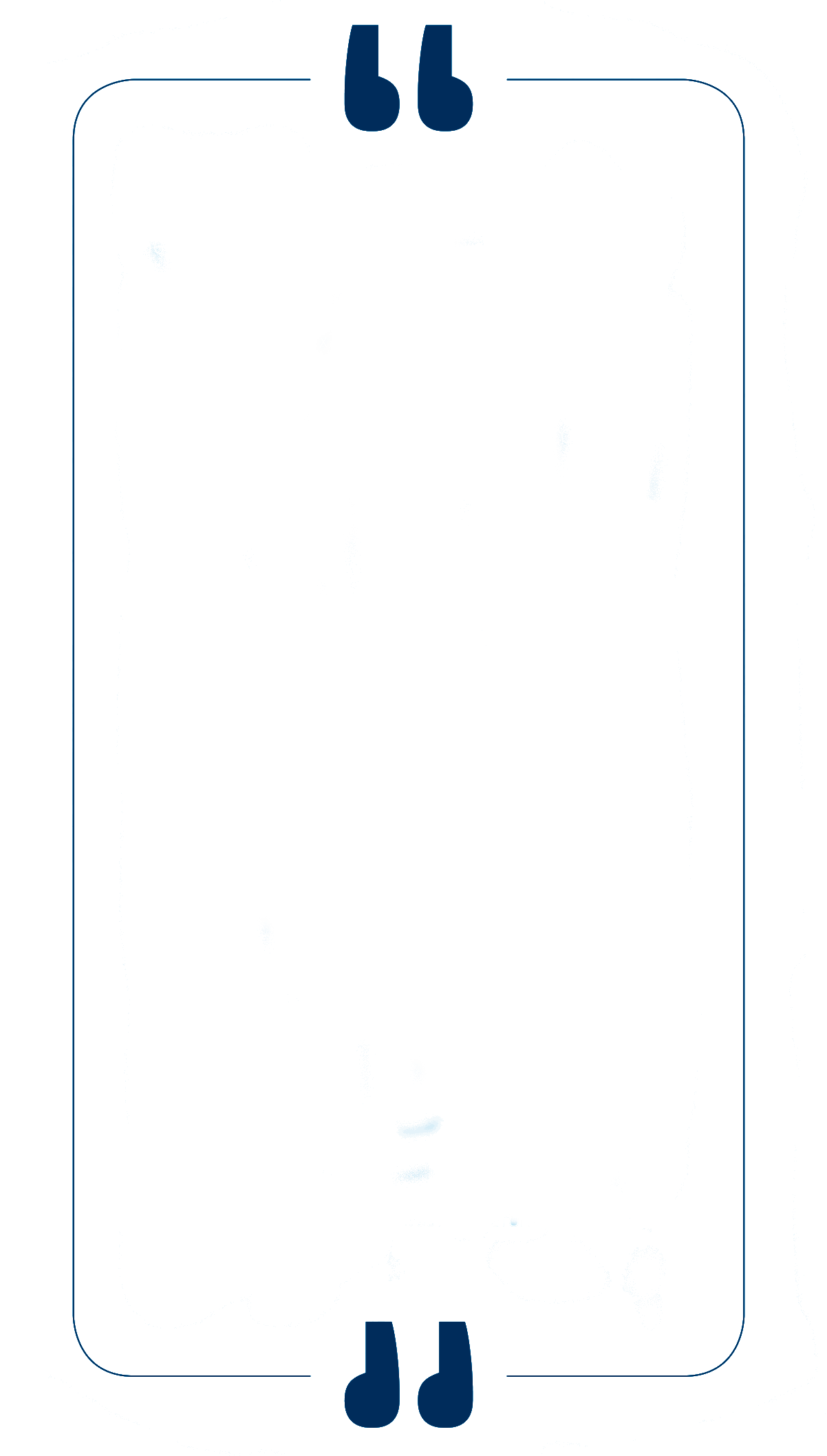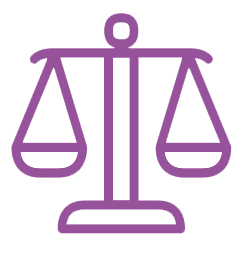Responsible Management Report 2020
Relevance of the
digital ecosystem

“The COVID-19 crisis has deeply affected the societies where we operate. The Company’s mission (To make our world more human, connecting people’s lives) has become more relevant than ever. In an extraordinary and totally unexpected situation, telecommunications networks have become essential and our teams have worked in close collaboration with health authorities and social agents to provide a responsible response for all our stakeholders. This crisis is going to accelerate the irreversible digitalization of society. It has shown us that there is not a separate analog and digital life, but that they are the same thing. The world has already changed and it will not go back to how it was before. In this new role, Telefónica will have a key role as a catalyst for this digitalization.
What was the Company’s first response in the midst of this commotion? Precisely, to maintain communication.
Over these months, Telefónica has erected the support that has kept our societies’ business, cultural, educational and work activity alive. Even the health and administrative responses to the emergency were supported by our network.
JOSÉ MARÍA ÁLVAREZ-PALLETE
CEO of Telefónica.
General Shareholders’ Meeting 2020, Telefónica
Sector context

The effects of the pandemic and the interruption of human activities that forced society’s accelerated transition to the digital world are discussed in all scenarios. In this context, companies from all sectors of the economy transformed to face the challenges of lockdown. Meanwhile, as well as the challenges, 2020 was a year for Movistar to demonstrate what the Company is, and during 2020, it did what it does best: making our world more human, connecting people’s lives, as expressed in the Company’s mission. It kept more than 19 million customers connected, it launched the best telecommunications offer in history, IlimiDatos, it rolled out the largest fiber optic network in Colombia to improve people’s connectivity, and it further reinforced support for society through different actions channeled through Fundación Telefónica Movistar.
As a result of the lockdown, the prepayment businesses and terminals were significantly affected, as well as the MSME segment, which was also hit hard by the pandemic. However, the competitive intensity is maintained on the market. The average market prices of mobile data continue to decline and
internet speed is increasing more than ever. Additionally, a new operator has entered the market after exceptionable actions in the 2019 spectrum auction, and we acquired another operator, which should limit the status of the operator entering the market and the benefits it brings. These actions have distorted and destabilized market conditions.
Another important topic is the continued effort by all participants in the telecommunications sector to be more efficient and enhance their operations. Therefore, investments are more focused than ever on improving the service for customers.
In regulation, the Colombian state remains inactive toward the presence of a dominant operator on the market. Measures have not been taken to correct a situation that not only takes options away from Colombians, but
Meanwhile, as well as the challenges, 2020 was a year for Movistar to demonstrate what the Company is, and during 2020, it did what it does best: making our world more human, connecting people’s lives, as expressed in the Company’s mission.
also affects the competitiveness of the country as a whole. The Company expects effective measures to mitigate the impact of the dominant actor in the sector to be taken in 2021.
Sustainability context
Generating development is a necessity and it has become a requirement in all sectors for development to be sustainable. This is shown in the increasingly stronger commitment to meet the 2030 Agenda, which not only governments have signed up to, but also companies, academia, civil society organizations, trade associations and even individuals. Now, stakeholders are more critical when making decisions about where to work, where to buy, and where to invest. This is largely due to the relevance currently attributed to non-financial information, also known as ESG (environmental, social and governance) management, even becoming mandatory for reporting in some countries.
In Colombia, for example, symptoms of this trend are initiatives such as the creation of the Collective Benefit and Interest Company (BIC, for the Spanish original) figure, which call for mindful leadership, as well as promoting an ecosystem of private organizations that have a social and environmental purpose beyond maximizing economic interest for shareholders, highlighting the relevance of submitting a report, having an ethical and transparent management system, and strengthening relations of trust with stakeholders.
As Telefónica has been anticipating, this is not an era of change, but a change of era. In this context, companies’ sustainability and commitment to become and ensure they are sustainable businesses are essential matters. This involves thinking not only about achieving positive results but also about how they are achieved, i.e., how the Company’s business activities
Now, stakeholders are more critical when making decisions about where to work, where to buy, and where to invest. This is largely due to the relevance currently attributed to non-financial information.
generate a positive impact on society beyond the economic benefits.
Currently, there are different trends that are key for companies when working to achieve a sustainable business. The Institute for Lifelong Learning of the Universitat de Barcelona categorized 2020 as the year of sustainability, an idea that was reinforced by the COVID-19 health emergency. According to this institute, 2020 would bring a new sustainability agenda for humanity, based on the generation of sustainable economies or the reinforcement of the fight against climate change, for transparency and anti-corruption, defined by the AECOC Innovation Hub as a trust economy.
Therefore, increasingly more public, private and international organizations generate partnerships and join forces to coordinate and get closer to achieving the Sustainable Development Goals. These trends can assume a significant acceleration in the struggle to achieve the 2030 Agenda, especially for the SDGs related to environmental actions (SDGs 6, 7, 12, 13, 14 and 15) and institutional strengthening (SDGs 16 and 17).
Digital pact for recovery
The year 2020 has been challenging for humanity, as over the last months, it has passed through different phases, from lockdown to reopening and recovery. The pandemic has forced people to rethink the present and the future. It is an unprecedented time in which the transformative power of information and communications technologies has become evident; a true
revolution that is having an impact on all sectors and all societies.
Telefónica Movistar proposes a great public-private agreement: a new digital pact that helps to ensure fairer and more sustainable digitalization. The proposal is based on five essential cornerstones so that Latin America advances toward a more prosperous future.
1

Firstly, it proposes effectively driving digitalization to achieve sustainable societies and economies. This requires not only an aggressive investment in digitalization by public administrations, but also the promotion of Industry 4.0 programs for MSMEs.
2

Secondly, to address social inequality, it is necessary to invest in education and digital skills. The task that Fundación Telefónica Movistar is developing with the ProFuturo project in partnership with La Caixa, in the digital education field and focusing on ten regions in the Caribbean with the OAS, is a real source of pride.
3

The third cornerstone, at the heart of the proposal, consists of building inclusive and sustainable connectivity.
4

The fourth cornerstone proposes accelerating the expansion of digital access through review of the regulatory and tax frameworks, ensuring balanced competition that provides an incentive for investments in digital infrastructure.
5

Finally, but no less important, the fifth cornerstone proposes progressing with this sustainable digitalization, increasing trust in the digital environment, which needs to be achieved through ethical and responsible use of technology.

2

Secondly, to address social inequality, it is necessary to invest in education and digital skills. The task that Fundación Telefónica Movistar is developing with the ProFuturo project in partnership with La Caixa, in the digital education field and focusing on ten regions in the Caribbean with the OAS, is a real source of pride.

A digital pact to better restore our societies and economies.
Through technology and digitalization, Telefónica Movistar is the partner to rebuild our societies and economies better. We propose renewed dialog and cooperation between governments, society and the business community to collaborate in these very difficult times and to make the digital transition sustainable.

HOME INTERNET
How is movistar contributing?










